How Wood Beads are Made
Our all natural wood beads are one of our best sellers. The wood material comes from indigenous trees of the Philippines. In this article, we will show you the process on how these wood beads are made.
The Material

Before we start discussing the steps on how the beads are made, let’s first take a look on what materials are used for the wood beads. The raw material used comes from different types of wood. Examples are bayong, ebony, mahogany, rosewood, redwood (magkuno), Robles, ols palmwood, coconut wood and a lot more. Raw lumbers are purchased from suppliers for easier material acquisition.
Step 1 Shaping the Wood
The shape of the wood beads is achieved by using a “puncher”. The machine may look puzzling to use, but its function is the same with your regular office tool puncher. The wood is placed onto the “shaper”. The machine is turned on and “punches” the lumber—creating the shape of the wood beads. Also, there are different shape settings of the puncher: teardrop, circle, and many more.
*Here is the puncher

*Various shapes can be made with different styles of punchers

Step 2 Drilling the holes
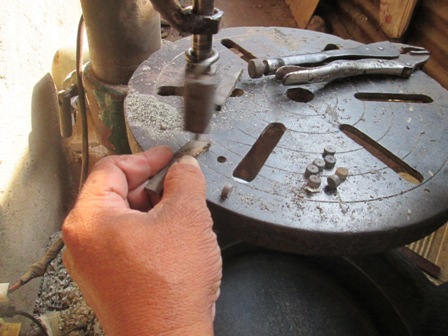
Using a hole puncher, the rough beads are drilled through. Using a wire, the beads are strung at arms length enough for the worker to hold each end by hand. This process will help the worker achieve the final shape of the bead by skillfully grinding the bead into shape using a bench grinder.
Step 3 Rough Stranding
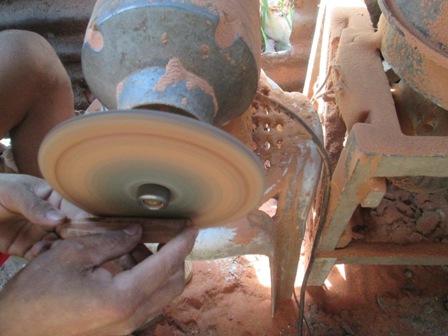
This process will help remove any defects and make the wood beads crisper. A beading machine is used to polish the wood beads. Different grades of sandpaper are used for polishing the beads. In this stage, the #100 and #150 grades are used.
Step 4 Refining
After the polishing process, the beads are placed in the beading machine again. The last and most fine sand paper grade (#360) is used to fully polish the beads.
Step 5 Buffing
Wax is applied to the wood beads to increase its shine and luster. To take the wax off, the beads go through a buffering process using a buffering machine or a grinder with buffer cloth attached to the wheel. We make sure the wax is removed to avoid beads from sticking together.
Step 6 Re- Stringing
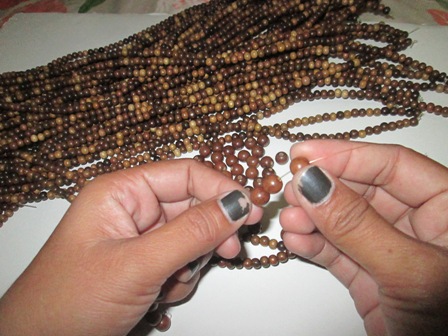
Once the waxing is done, the next step is to string all the beads altogether. This process is manual; which means each single bead pieces is individually strung.
Step 7 Drying
The beads are then placed on a dryer to remove any excess moisture.
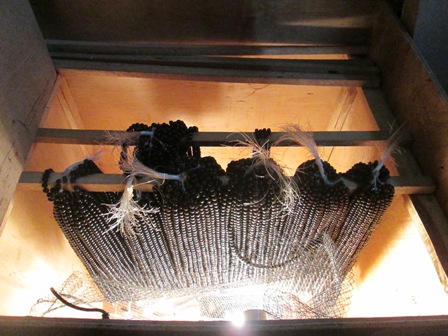
The Finished Product
After the long process, the wood beads are finally finished!


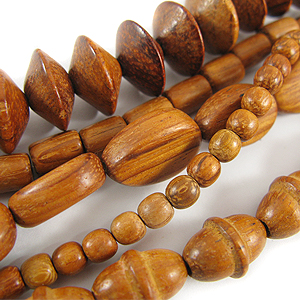
Hi there,
Great post! I know a lot of people don’t know How Wood Beads are Made, and It’s great that you show 7 different ways to do it for those that don’t have all of those tools and machines. Thanks!
Thank you. Glad to know that this article has given some information.